
Our work
We work with diverse clients to deliver inventive and impactful solutions.
In many cases, mineral matters are sensitive. We are grateful to the following clients for allowing us to speak publicly about our work.

We work with diverse clients to deliver inventive and impactful solutions.
In many cases, mineral matters are sensitive. We are grateful to the following clients for allowing us to speak publicly about our work.
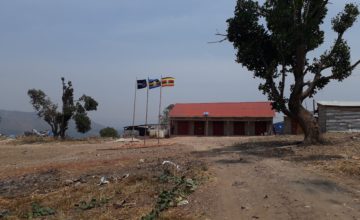
Levin Sources was contracted by the DFID-funded Extractives Hub facility to support its technical assistance, advisory and capacity building services for Governments in Kenya, Nigeria, Liberia, Uganda and Ethiopia.

We undertook a series of case studies to identify and analyse good and bad practices of ASM in forest landscapes for The Program on Forests (PROFOR), hosted by the World Bank Group.
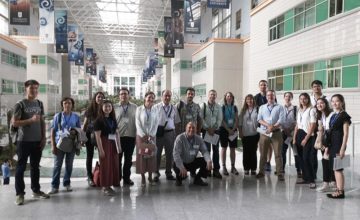
Levin Sources organised and coordinated a workshop in Astana, Kazakhstan, on absorbent technologies to treat waters polluted by toxic metals.
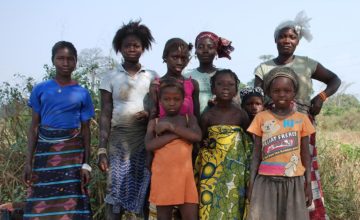
Levin Sources was contracted by GIZ to conduct in-country stakeholder engagement to establish a guidance document that informs KP stakeholders in programming and implementation of the KPCS in host countries.
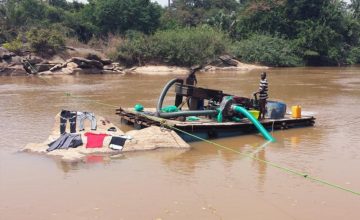
African Parks, an international NGO which seeks to address environmental conservation issues in Africa, contracted Levin Sources to conduct a field study on artisanal gold mining in the Garamba National Park complex.
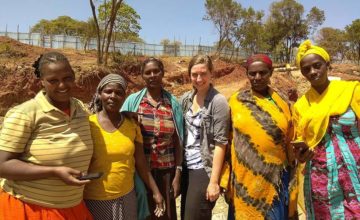
Gübelin Gem Lab contracted Levin Sources to deepen its understanding of ASM emerald sectors and perform pre-pilot in-country scoping for its Emerald Paternity Test traceability technology.

Levin Sources was contracted by the SER to conduct a rapid scoping of 13 metals and a high level mapping of the value chains for each. From this information, associated IRBC risks were ascertained to support the facilitation decision making on potential collective mitigation and prevention.
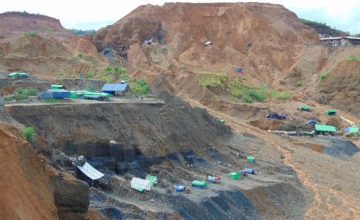
Levin Sources prepared the environment management measures linked to ASM and provided advice on LSM – ASM relations, including LSM operations and relationships with illegal stone pickers.
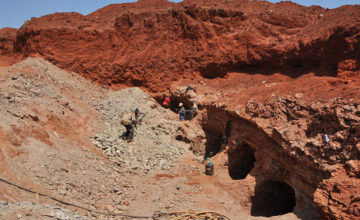
The Kenya Extractives Programme (K-EXPRO) is a UK Department for International Development (DFID) funded programme that aims to contribute to poverty reduction in Kenya through inclusive and sustainable economic development within the extractive industries. Oxford Policy Management, who is implementing K-EXPRO on behalf of DFID, contracted Levin Sources to provide technical assistance to the Ministry of Mining in Kenya. The focus of the work was to support measures to improve management of the ASM sector.

Recognising the significant contribution SMEs make in EU imports of tantalum, tin, tungsten, and gold (3TGs), the EC commissioned Levin Sources to design a support system to develop SMEs’ understanding of the concept and benefits of supply chain due diligence, and to build their capacity to empower them to perform it on their mineral supply chains in a way that limits administrative burden.

Levin Sources was instrumental in helping the client understand the complexity of the ASM presence on the local community, and provided a range of possible tactical and strategic interventions, some of which were subsequently acted on and incorporated in to the wider risk, security and community engagement processes.
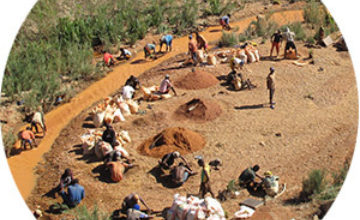
“By combining its expertise in minerals value chain with our vision and quest for excellence, Levin Sources has been a valuable partner in consolidating and enhancing Valcambi’s strategies on responsible sourcing”